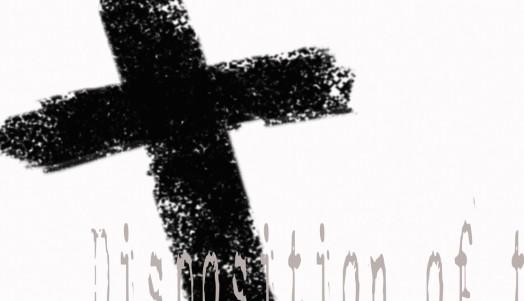
1 minute read
In the Beginning: The Book of John John 9:13-18[HCSB])
13 They brought the man who used to be blind to the Pharisees.
14 The day that Jesus made the mud and opened his eyes was a Sabbath. 15 So again the Pharisees asked him how he received his sight.
Advertisement
“He put mud on my eyes,” he told them. “I washed and I can see.”
16 Therefore some of the Pharisees said, “This man is not from God, for He doesn’t keep the Sabbath! ” But others were saying, “How can a sinful man perform such signs? ” And there was a division among them.
17 Again they asked the blind man, “What do you say about Him, since He opened your eyes? ”
“He’s a prophet,” he said.
18 The Jews did not believe this about him — that he was blind and received sight until they summoned the parents of the one who had received his sight.
Kneading mud is forbidden
As the previous lesson ended we learned that there were 39 classes of work that were forbidden on the Sabbath. One of these was kneading dough for bread, which included kneading mud by virtue of its similarity.
Questions:
Does the “letter of the Law” stand in the way of goodness and acts of mercy?

Was making mud from dust and spittle really a class of work, or an excuse to persecute Jesus?
Why would any Law intended to protect God’s people be used to prevent miracles and blessing, especially those directed to the unfortunate?
If the man, who was blind from birth, could now see, and there were other witnesses, why did the Pharisees need the witness of his parents?
Have you ever been so “dead set” against an individual or an idea that nothing they do, even good things, can change your opinion of them, their organization or their affiliates?
These questions may seem rhetorical, or even condescending, because the answers are obvious to us today. Yet, we know that God’s ways are not always made known to man. Therefore, it is vitally important that we accept certain mysteries on faith and trust Him. We do this because we know that His ways are higher and better.
Isaiah 55:9 makes this clear:
“
Note: even hardened hearts serve God’s purpose. Examples are Pharaoh, Samson, Pharisees, and the nation of Israel itself … even you and me, if we are honest.
For as heaven is higher than earth, so My ways are higher than your ways, and My thoughts than your thoughts.”




